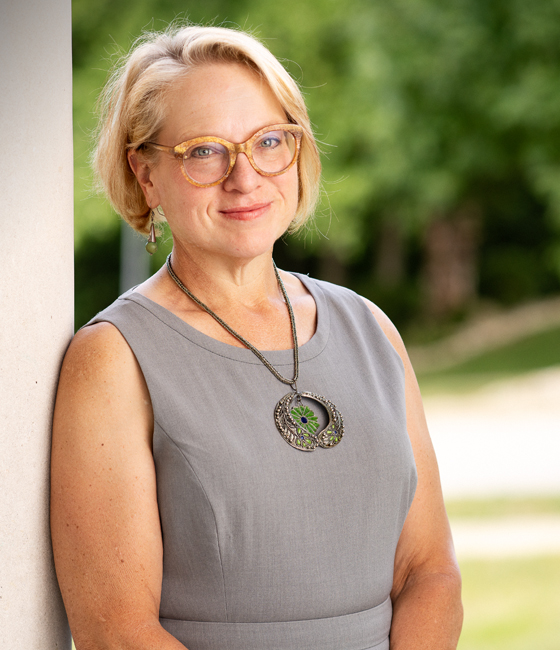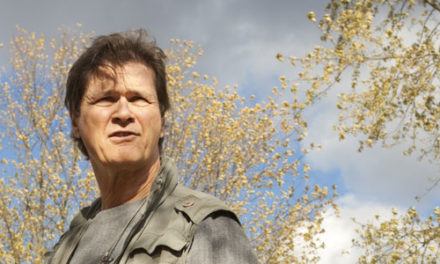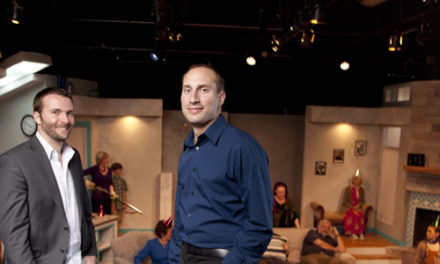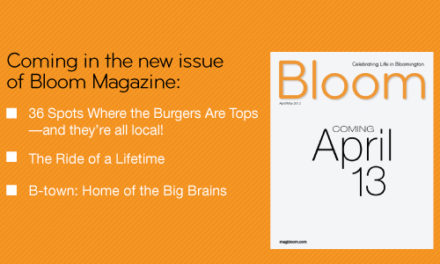
by ELIZABETH CULLEN DUNN
The United States has long been a world leader in welcoming refugees fleeing war
and violence. In the 1980s, the U.S. admitted over 200,000 refugees. In 2014, we admitted 97,000. Today, the Trump administration has cut the number to zero. If there is no change in administration after the November election, that number is likely to stay zero for several years.
Indiana has long-established communities of refugees from Burma and the Democratic Republic of Congo. In 2016, the Refugee Support Network was formed to try and make Bloomington a federally approved resettlement site so that we, too, could begin welcoming refugees here. When the Trump administration began rapidly dropping the number of refugees admitted, those plans were scuppered. A new administration, however, might begin raising the numbers of refugees, which would put Bloomington back in the running as a resettlement site.
For us in Bloomington, admitting refugees makes economic sense. Refugees are a highly vetted and secure source of labor that could be employed to help develop the city. Refugees also have a strong tradition of entrepreneurship, starting businesses that end up employing others and serving the community. (In fact, several of the restaurants in town now were founded by refugees, who have brought new global cuisines to our famously diverse dining scene.)
Refugees are also consumers. Midsize cities like ours, including Binghamton, New York; Syracuse, New York; and Rutland, Vermont, have all used refugee admissions to revitalize their economies and bring new businesses into the community.
Admitting refugees is also a big gain culturally. Refugees bring new languages, music, and art to Bloomington, a city with a long history of international engagement. They join our communities, support our places of worship, become our kids’ classmates and our neighbors and friends. Bloomington has always had a wider outlook than its small size suggests, and refugees add to the cultural landscape.
Helping refugees is, of course, a humanitarian act. By helping people fleeing war and violence, we give them and their children a chance at a normal, safe, productive life. It’s the morally right thing to do.
But it also benefits us. Studies show that by the time they have been in the U.S. 10 years, most refugees have paid more in taxes than it cost to resettle them. A 2015 study showed that in Columbus, Ohio, refugees supported more than 21,000 jobs and added $1.6 billion to the local economy. Helping them is a way to strengthen our own economy and add to the special character of our town, a small place with big ties to the rest of the world. Whether that happens depends almost entirely on the outcome of the next election.
Elizabeth Cullen Dunn is a professor of geography at Indiana University and a member of the Refugee Support Network’s executive committee. As part of her research, she spent 16 months living in a camp for displaced people in the Republic of Georgia.










